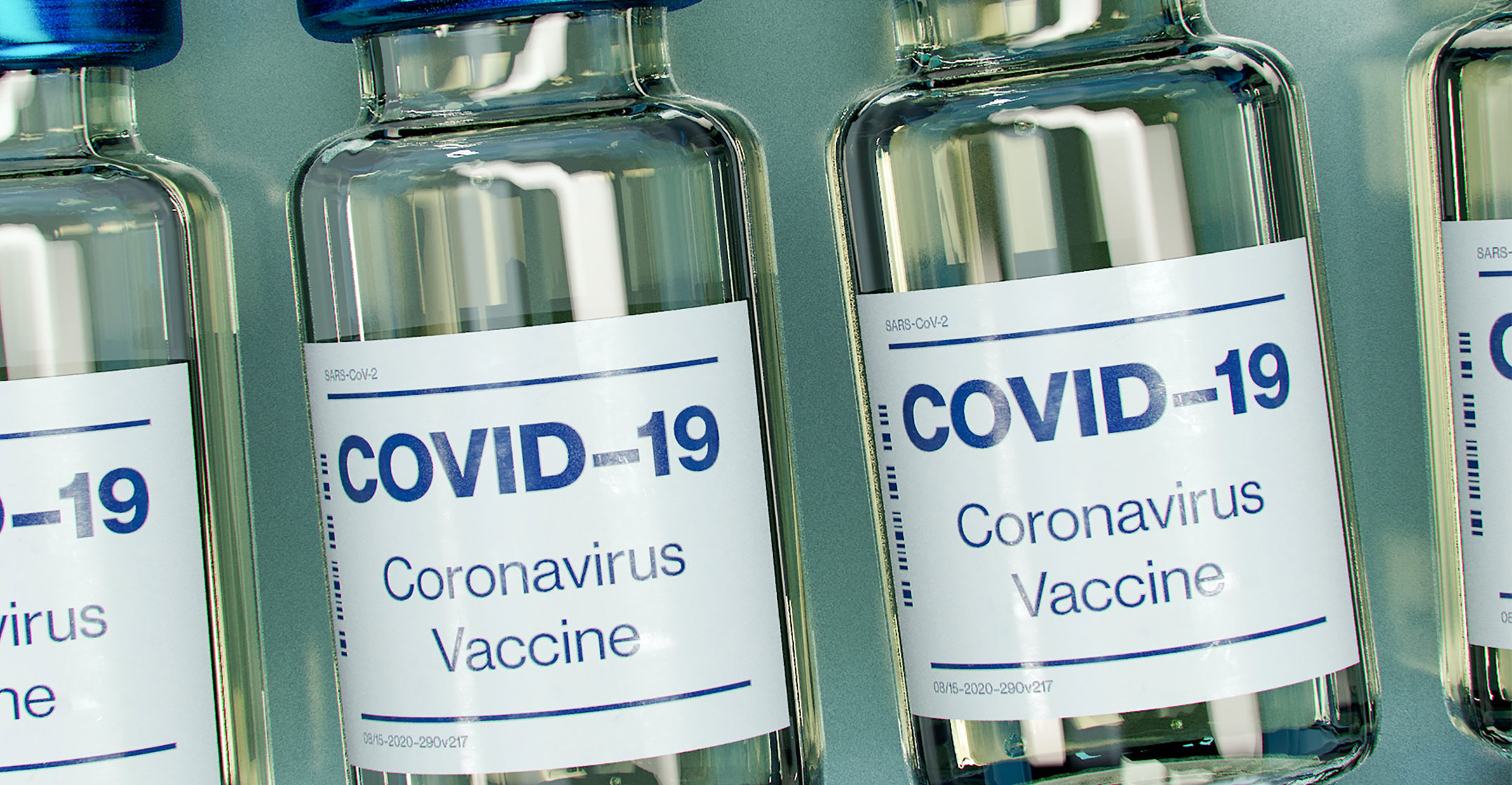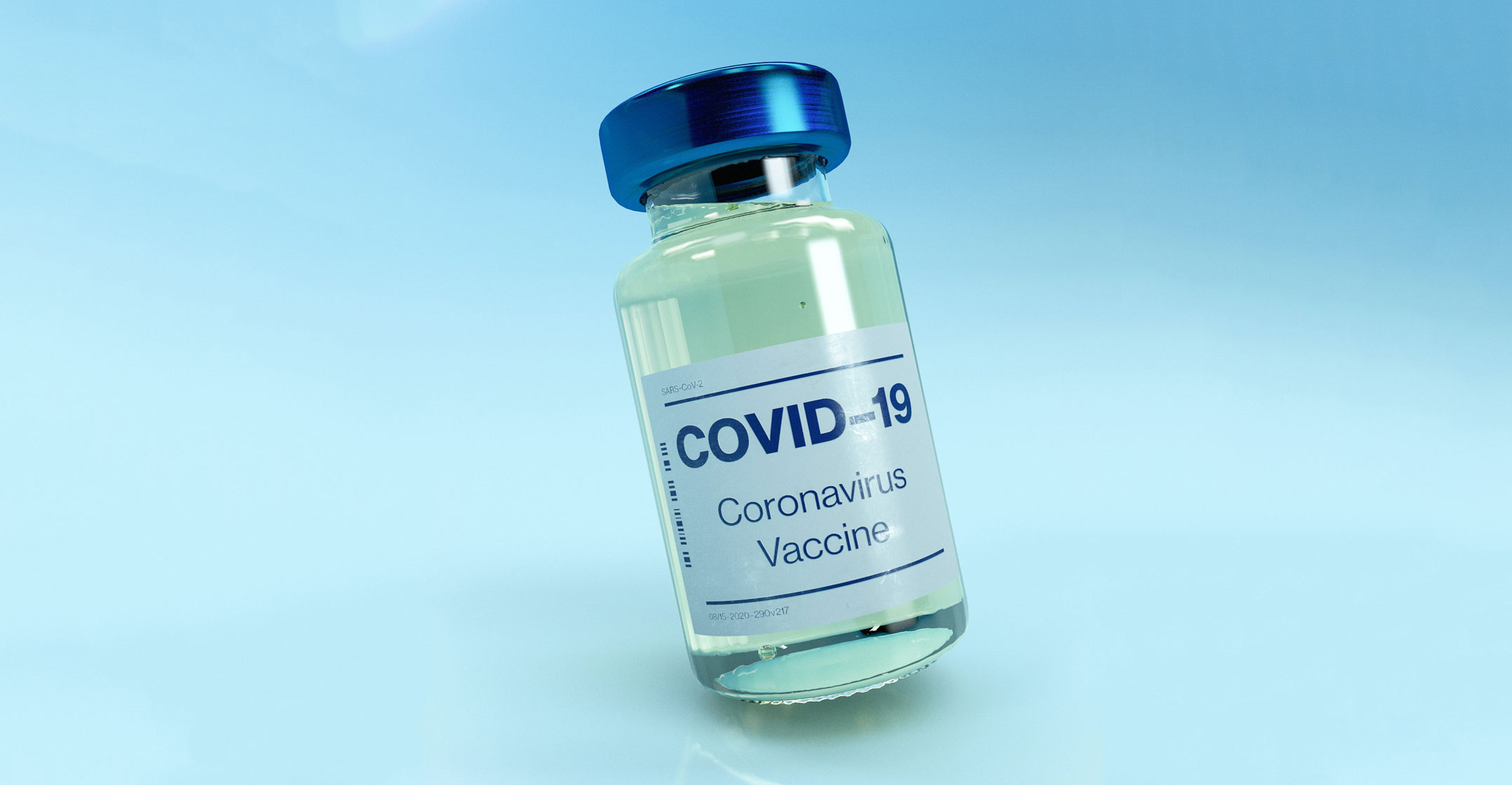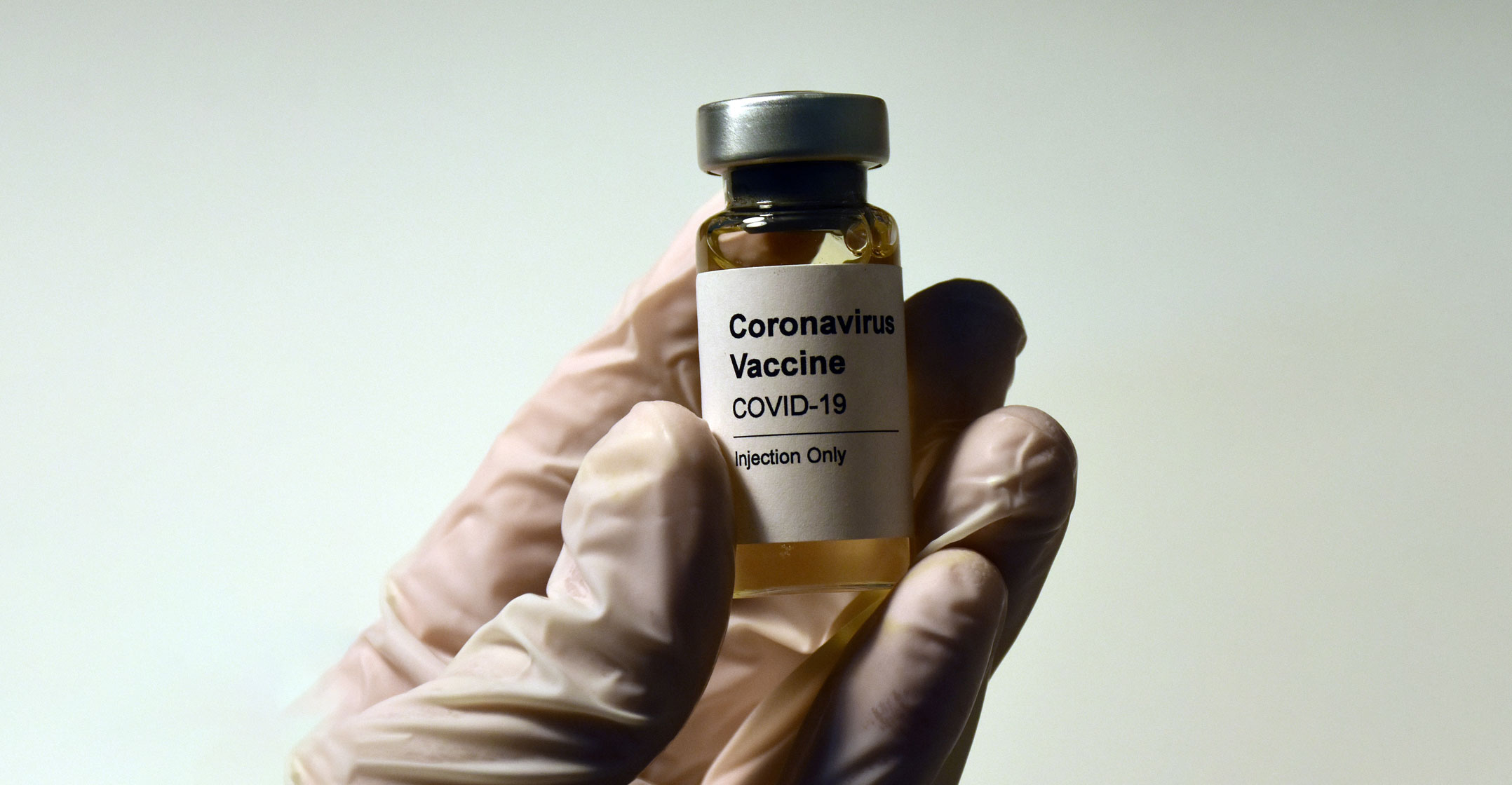
As scientists raced to develop Covid-19 vaccines, public health specialists were hoping that more than one group would succeed. Having multiple companies producing vaccines would make it easier to inoculate a lot of people fast. Be careful what you wish for. A range of vaccines with different efficacy results now has given rise to worries that some people may refuse the shot on offer in hopes of getting a “better” one later. In reality, comparing efficacy numbers isn’t necessarily the best way to measure a vaccine’s value. And as suppliers struggle to meet global demand, experts say the best vaccine for you is probably whichever one you can get now.
1. What does efficacy mean?
On a basic level, vaccine efficacy of 50%, for example, roughly means that an immunised person has a 50% reduced risk of becoming ill compared to an otherwise similar non-immunised person. However, the measurement can be applied to different questions about a vaccine’s effect. For example, several Covid-19 vaccines appear to successfully — 100% — avert hospitalisation and death. But since relatively few people infected with Sars-CoV-2 become critically ill, it’s hard to measure such a rare outcome reliably in clinical trials involving only tens of thousands of participants — a relatively small pool. Instead, the primary aim of most late-stage patient trials has been to measure broader efficacy against lab-confirmed Covid cases with any symptoms, including mild ones.
2. What efficacies are being reported?
The first two Western vaccines to prove effective — one from Pfizer and BioNTech, and another from Moderna — set a high bar, with efficacy estimated at 95% and 94%, respectively. That means that Covid cases among trial participants who received the vaccine were reduced by that much compared to those who got a placebo. Efficacy was estimated at 66.7% for AstraZeneca’s and 89.3% for Novavax’s two-shot regimens; and 66.9% for Johnson & Johnson’s single-shot vaccine. Four vaccines from China and one each from India and Russia are reported to have efficacies ranging from 50% to 91%, summarised below.
3. Are the numbers reliable?
It’s hard to say. Data from the clinical trials have been reported in various ways and subject to varying degrees of scientific scrutiny. Although publication in a peer-reviewed, scientific journal is considered the gold standard for ensuring the accuracy, integrity and credibility of clinical data, only a handful of Covid vaccine studies have undergone that rigorous vetting process so far. Vaccine efficacy data from other studies have been reported in press releases, articles in state-owned media and in papers released on so-called pre-print servers and, therefore, weren’t reviewed by scientists not involved in the research.

4. Why isn’t efficacy all that counts?
For one thing, the figures aren’t directly comparable. That’s in part because the vaccines weren’t tested using the same criteria or groups of people. Also:
- The vaccines were tested at different times and in different places. The intensity of the epidemic and measures to mitigate it, such as mask-wearing, may contribute to differences in efficacy estimates between countries.
- Sars-CoV-2 has mutated over time, generating variants that appear to be more dangerous. So, in general, the first vaccines to prove effective likely faced fewer of these viral strains than subsequent ones have.
- Vaccines take time to work, and the time periods during which efficacy was measured in clinical trials differ across studies.
- Some trials may exclude participants with pre-existing conditions that could affect their response, while another trial might include such people. For example, Novavax reported a modest decline in efficacy in South Africa when HIV-infected individuals were included in the analysis.
- While most of the trials were designed to evaluate how well vaccines prevented any symptomatic case of Covid, the J&J vaccine was tested for its ability to protect against moderate and severe Covid, which entails having at least two lesser symptoms or one or more serious one, such as an elevated respiratory rate.
5. So numbers may be misleading?
Yes, especially without understanding the clinical trial data on which they’re based. Although efficacy is given as a single figure, it’s actually a point estimate based on a range, or “confidence interval”, that scientists are 95% certain contains the true number. For the Moderna vaccine, in which 30 420 volunteers were randomly assigned to receive either vaccine or placebo, the range is 89.3% to 96.8%. That compares to a significantly wider range of 57.4% to 74% for the AstraZeneca jab, which studied its effects in a smaller group overall — 17 178 participants — and under varied conditions. In any case, research on all vaccines is incomplete because there hasn’t been sufficient time or follow-up to understand their efficacy longer-term. The best way to determine with a high degree of certainty how one vaccine stacks up against another is to compare the two under the same conditions. Such studies are likely to be carried out eventually.
6. What matters beyond the efficacy number?
Several things:
Match to local variants
Mutations mean that some vaccines may work better or worse in certain regions than in others, depending on which viral strains are present. The J&J results included data from dozens of testing sites in South Africa and Brazil, where two especially worrying variants are circulating. The vaccine achieved efficacies of 64% in South Africa and 61% in Latin America — less than the 72% seen in the US, but still respectable outcomes. (The 66.9% result is the global figure.)
An interim analysis of trial results in February found that AstraZeneca’s vaccine didn’t protect recipients in South Africa against mild-to-moderate Covid-19 caused by the variant identified there, prompting the government to halt its roll-out of the shot.
Match to recipients
The safety and efficacy of a vaccine can vary among individuals depending on characteristics such as age, gender, genetic background and pre-existing conditions, including allergies. The European Union’s drug regulator said in January that it was unclear how well the AstraZeneca vaccine worked in people over 55 because it hadn’t been sufficiently tested in them. The agency authorised the inoculation for all adults anyway, but a number of European governments blocked or restricted its use in older people. Those policies are changing now that real-world data have started showing the shot works for all age groups.
Separately, the Pfizer-BioNTech and Moderna vaccines, which use a novel technology called messenger RNA, have been linked to a small number of cases of anaphylaxis, a serious allergic reaction that requires medical attention. It’s possible the trigger is an ingredient used just in these shots, in which case people prone to anaphylaxis might be better off with an alternative vaccine.
Dosing
All the authorised Covid vaccines so far require two doses except for J&J’s and CanSino’s, which are single shot — a big plus. A one-dose vaccine reduces the burden on the health-care system, which is substantial in a mass-vaccination campaign. It eliminates the challenge of getting people to return on time for a second dose; a US study found one in four senior citizens failed to do so after getting an initial injection of the shingles vaccine. And it means people get the vaccine’s full protection sooner, without having to wait for a booster shot to kick in.

Refrigeration needs
Vaccines have to be kept cold while they’re transported and stored, but the complexity of the so-called cold chain varies. The Pfizer-BioNTech vaccine needs to be shipped and stored at temperatures so low that special pharmacy freezers are required; after thawing, the doses must be used within five days. Moderna’s vials can be transported in regular freezers and stored for 30 days in a regular refrigerator. J&J’s ship frozen but keep for up to three months in a fridge.
AstraZeneca’s are even easier to handle: They can be transported and stored at normal refrigerator temperatures for at least six months. The Sinovac, Sinopharm and Covaxin vaccines can be stored in refrigerators for up to three years. That makes all those varieties better candidates for places that don’t have large freezer capacity.
Price
The companies making Covid vaccines are getting different prices from different buyers and many of the figures aren’t public. Still it’s clear that some are significantly more expensive than others.
Moderna’s is the priciest. Its CEO has given a range of $25 to $37 per dose. Next comes Pfizer-BioNTech: The EU is paying about $14.70 a dose, the US $19.50 and Israel $30.
The J&J and AstraZeneca vaccines are considerably more affordable. J&J’s formulation costs the EU $8.50 — and only one dose is needed. The EU has paid $2.15 per AstraZeneca dose while South Africa shelled out $5.25.
7. What’s the bottom line?
Public health officials say that, at least initially, the best vaccine is whichever one is available at the time of eligibility. However, as supplies become less of a limitation, it’s likely some vaccines will offer advantages for different groups, such as a single shot for those for whom returning is difficult. Also, the uptake of vaccines across the world and the resulting effects on populations will inform the effectiveness of each vaccine at preventing Sars-CoV-2 infections, Covid-19 symptoms and establishing herd immunity under “real-world”, as opposed to clinical trial, conditions. — Reported by Jason Gale, (c) 2021 Bloomberg LP

